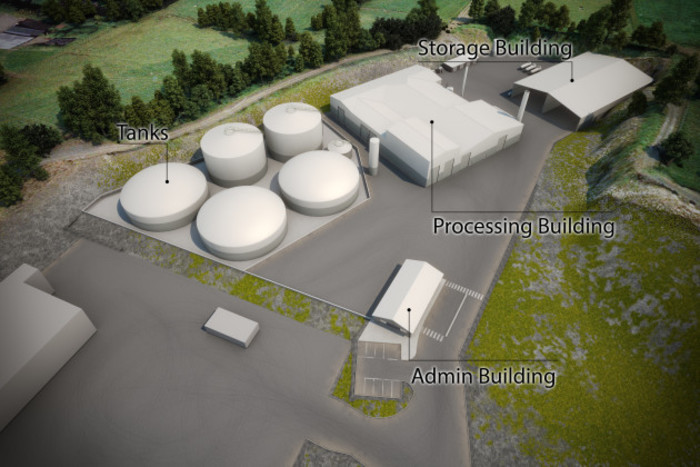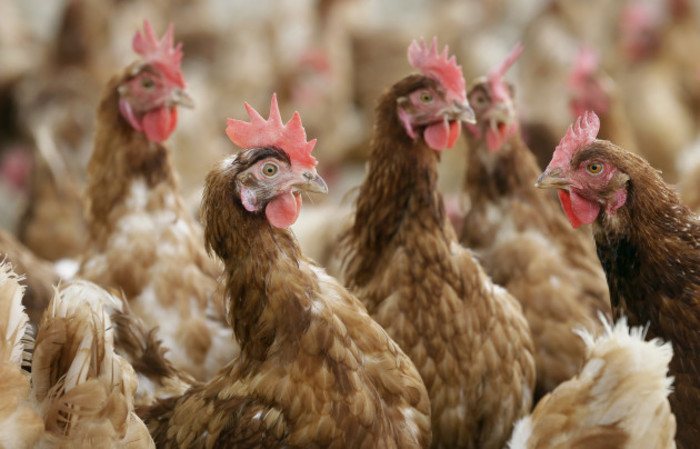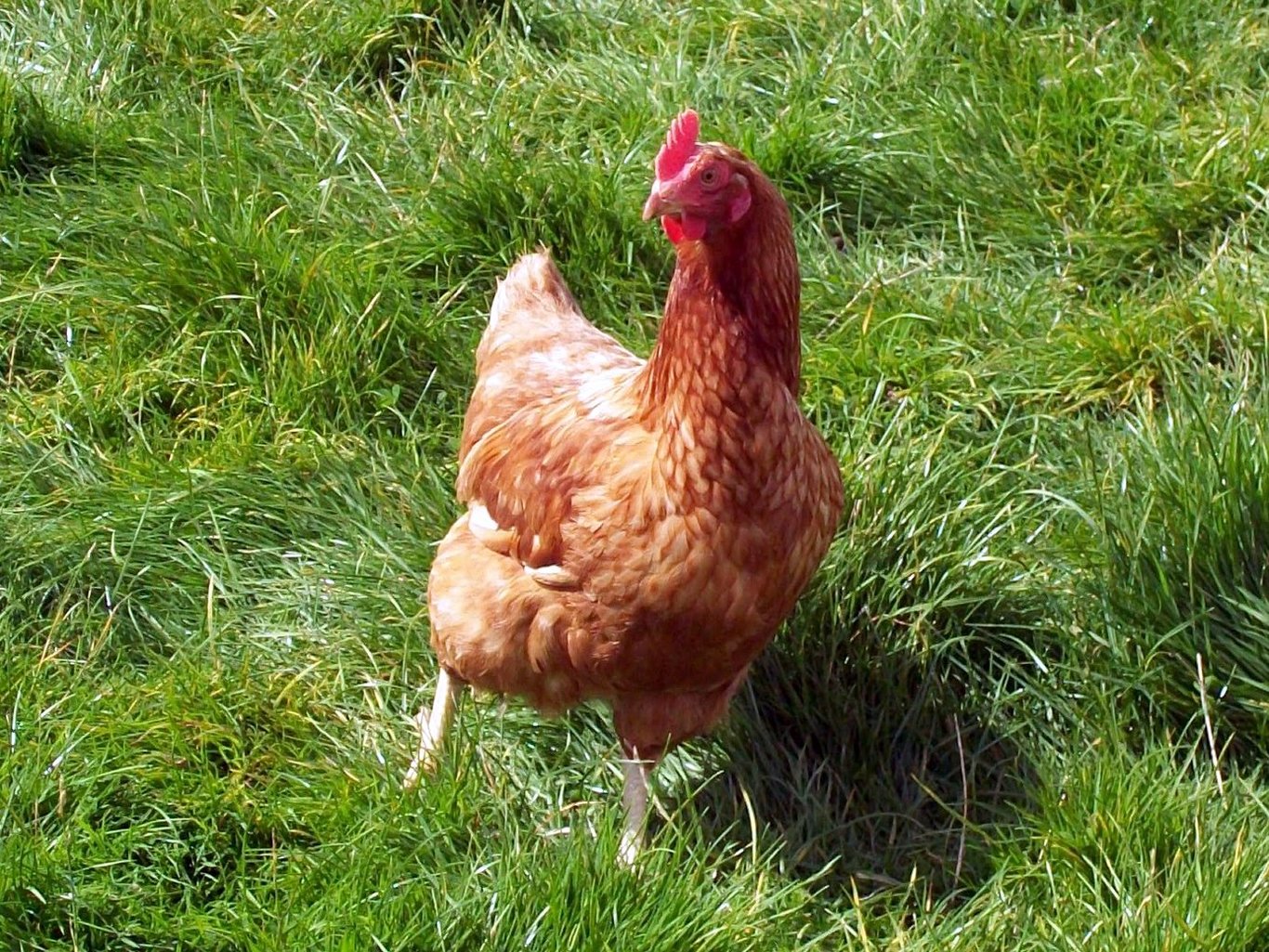A Dublin company is building a giant energy plant to process chicken poo
And it has plans for further projects in both the capital and Cork.
A DUBLIN RENEWABLE-ENERGY firm has struck a deal with Northern Irish officials to build a huge biogas facility dedicated to processing chicken litter.
Stream BioEnergy this week announced plans to start work on the new complex in Antrim, while it hopes to get similar projects off the ground in Dublin and Cork by the end of the year.
It is expected the Northern Irish plant will cost about £23 million (€28 million) to build and will process tens of thousands of tonnes in chicken litter a year using “state-of-the-art anaerobic digestion technology”.
Biogas plants work by converting organic waste, like manure from livestock, into methane gas. This gas may be used to produce electricity, while waste that has been fully processed exits the biogas system in the form of organic fertiliser.
BioEnergy said that the safe disposal of growing volumes of chicken litter in an environmentally friendly way is a major challenge facing the poultry industry in Northern Ireland.
The company’s managing director Kevin Fitzduff said that when nutrients from the untreated waste are left on land “they can cause pollution of our watercourses and have a negative impact on the environment”.
“A more sustainable way of managing chicken litter is urgently needed and the Ballymena plant will help achieve that at a local level,” he said.
 A rendering of what the plant could look like
A rendering of what the plant could look like
Moy Park
BioEnergy’s Antrim facility will source chicken litter from a nearby Moy Park facility.
The chicken meat producer is one of the biggest food companies in the UK and the largest private employer in Northern Ireland, with about 6,300 staff in the region as well as thousands more across the Irish Sea.
It was recently sold to Brazilian company JBS, the world’s biggest meatpacker, as part of a €1.3 billion deal.
The new biogas plant will convert about 40,000 tonnes of waste sourced from the Ballymena plant every year into energy. The three megawatt facility will produce enough electricity to power about 4,000 homes for a year.
The plant is expected to be fully operational in 2017. The bulk of the finance will come from Invest Northern Ireland, which is providing a loan of £7.4 million as well as an equity injection of £1.3 million.
This will be matched by a UK recycling fund, while Danish company Xergi, which is contracted for the construction of the plant, will also invest some cash.

Plants in the Republic
The plant will be a similar size to two more facilities that BioEnergy is developing in Dublin and Cork, which will each be about the size of two-and-a-half football pitches.
Fitzduff told Fora that he expects construction on the two plants, which are both forecast to cost about €25 million, to start before the end of the year.
He added: “It’s worth pointing out that tariffs to fund renewable energy in the UK are being closed down to new projects soon … and a similar project has been closed to new entrants in the South.
“We have a number of other sites that we would like to progress, but until we have clarity over subsidies it will not be possible to develop them any further.”






